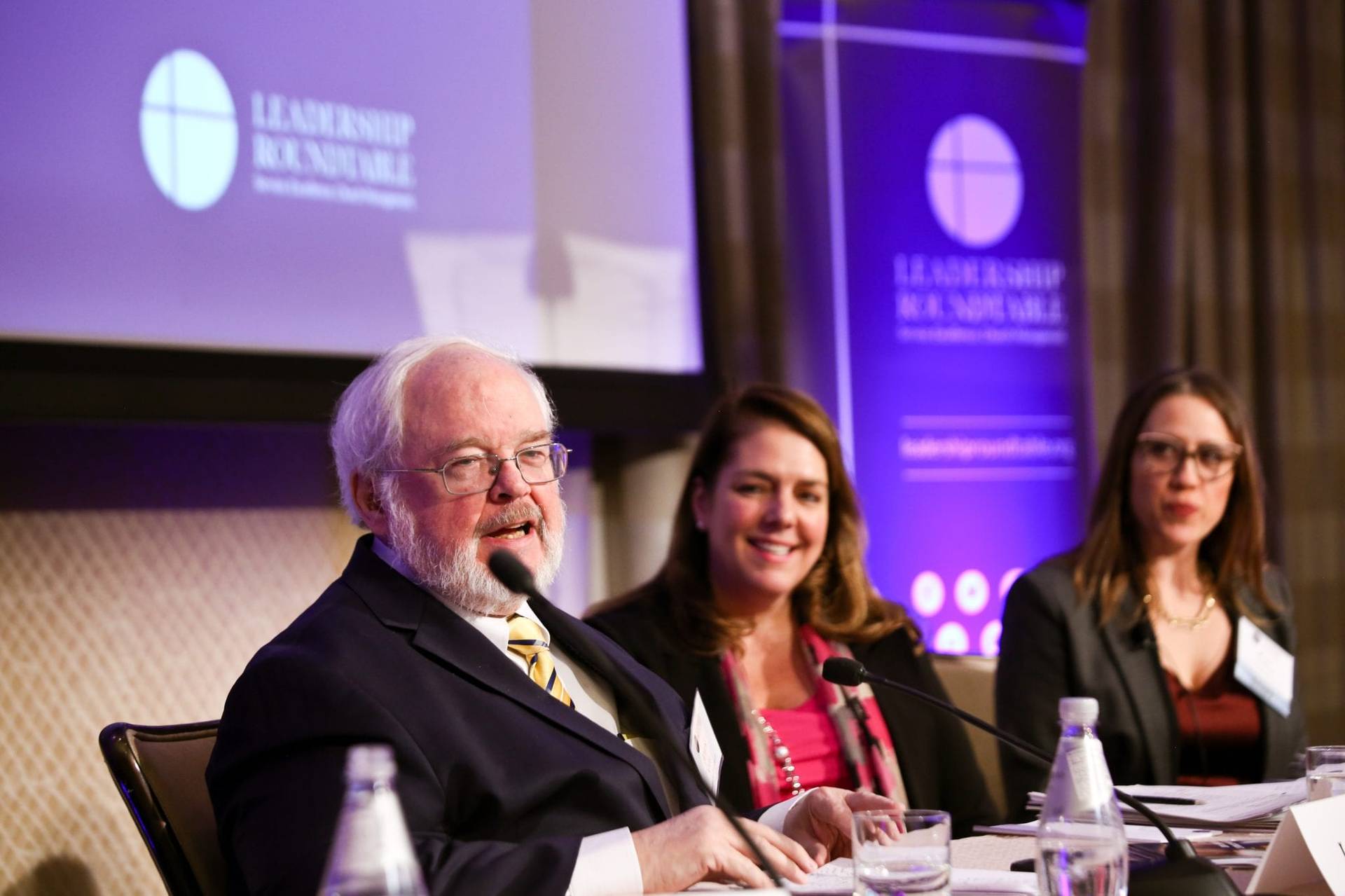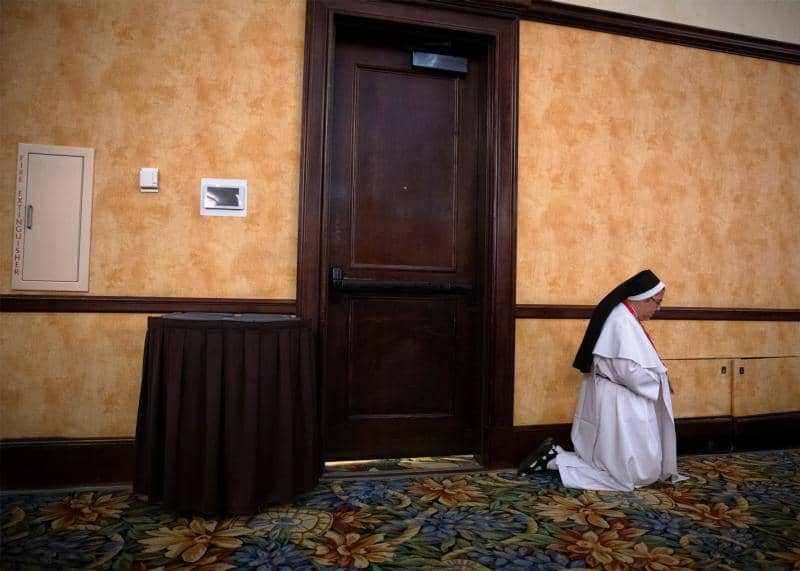ROME — Pope Francis closed a keenly anticipated Vatican summit on clerical sexual abuse Sunday, eliciting disappointment from survivors and reformers for a perceived lack of concreteness in proposed remedies.
According to Father Federico Lombardi, former papal spokesman, on Monday the committee that organized the meeting will come together with several Vatican officials to begin discussing the follow-up.
Lombardi said that at least three things will come as a result of the summit in “the not too distant future”:
- A new law from the pope for the Vatican City State on “the protection of minors and vulnerable persons.”
- Publication of a handbook to help bishops around the world understand their duties and responsibilities on abuse cases.
- Task forces to help bishops’ conferences and dioceses that find it difficult to confront the problems.
According to Lombardi, the Church is committed to “translating into concrete action” the concepts of “responsibility, accountability and transparency.” This will be done with a “collegial spirit,” he said, to “give us the support and encouragement needed to continue to overcome the tendency to hide things and to favor the institution over the persons it must serve.”
In 2011, the Vatican asked for bishops’ conferences around the world to develop guidelines to address cases of clerical sexual abuse, but the Vatican City State never developed its own. Archbishop Charles Scicluna of Malta pointed out Sunday that every conference but six, all in “war zones,” have complied, so it’s only fair for the Vatican to do the same.
“We needed this meeting because of the change of heart” it’s produced in some prelates, Scicluna said.
“Leadership cannot respond to a crisis with simple paralysis,” he said.
Unpacking the basis for creating task forces, Zollner said they will be particularly helpful in countries where the Church is a minority or where it’s strained “in all kinds of areas.” The continental and regional support groups will provide help on a wide range of issues, he said, from education to the creation and implementation of guidelines.
Zollner also described the meeting that wrapped on Sunday as one stage in a long journey for the Church, one that’s been “going on for decades and will continue.” He regarded it as positive because it saw leadership coming together like never before, he said, to address the issue of the protection of minors.
He spoke of the Church as a “big ship,” saying changing course “takes time,” but when it comes to addressing the clerical sexual abuse crisis, there’s no going back now.
Scicluna agreed that awareness of the gravity of both the crime of child sexual abuse and its cover-up is irreversible.
Scicluna also revealed that Francis plans to raise the statutory age to 18 for victims of child pornography. At the moment, the Vatican only considers the possession or production of such images a “grave crime” if it involves a child under 14.
Asked if Francis is reviewing the case of Argentine Bishop Gustavo Zanchetta, who’s currently being investigated for improper behavior with seminarians and reportedly for possession of pornographic material involving minors, Scicluna said he didn’t know any specifics.
Scicluna added, “If someone is investigating a case, that’s not covering it up.”
Zanchetta is currently under investigation by both the Vatican and Argentine judicial authorities after alleged victims came forward accusing him of sexual abuse.
Initially, the Vatican insisted that Zanchetta only faced “governance” problems at the time of his 2017 resignation and appointment to a Roman office, and that the first sexual abuse allegation was made in late 2018. However, recent documents show that the Vatican was informed of his behavior several years prior.
RELATED: As pope’s abuse summit rolls on, two cases make waves in Argentina
Survivors didn’t appreciate Francis’s closing speech on Sunday. According to Spaniard Miguel Hurtado, member of the global Ending Clergy Abuse network, the pontiff gave a “slap in the face to all victims of abuse who’ve come from five continents to demand explanations.”
“He spent half of the speech talking about abuse outside the Church,” he told reporters. “We were abused inside the Church, by Catholic priests, by Catholic teachers, so we were waiting for an answer the pope didn’t give us.”













